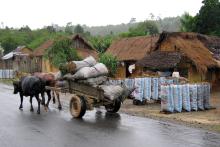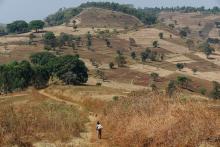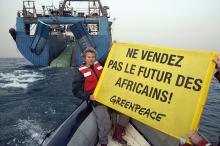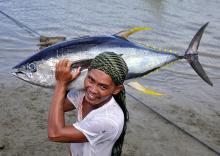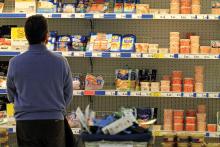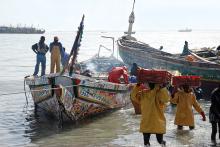Land Library Search
Through our robust search engine, you can search for any item of the over 73,000 highly curated resources in the Land Library.
If you would like to find an overview of what is possible, feel free to peruse the Search Guide.
/ library resources
Showing items 1 through 9 of 89.The brief focuses on Sustainable Land Management (SLM). Eradicating poverty, reducing inequalities, and advancing inclusive growth are directly linked to how we manage our planet’s terrestrial ecosystems and the goods and services they provide.
Fuelwood and charcoal continue to be indispensable in cooking the daily meal for most people in sub-Saharan Africa; in addition, wood as a fuel represents an important source of income.
Responding to the immediate challenge of how we sustainably intensify the production of food, fuel and fiber to meet future demand without the further degradation of our finite land resource base, Land Degradation Neutrality (LDN), which emerged from the UN Conference on Sustai
Fishery plays a crucial role in poverty and hunger alleviation. It is therefore all the more important to secure the long-term conservation of fish stocks as a natural resource and to ensure fair access to them.
The global demand for fish and fish products is continuously increasing. However, fisheries management is still insufficient, leading to over-exploitation, illegal fishing and massive post-harvest losses. Our authors describe what has to be done.
A project run by the WWF has set itself the goal of transforming Philippine tuna fisheries towards more sustainable practices, securing the livelihoods of the small-scale fishers in the long term. European buyers who have committed to source from them provide the necessary incentives.
The multitude of certification schemes in seafood production has assumed massive dimensions, posing considerable challenges for all actors in the supply chain. Here, the Global Sustainable Seafood Initiative seeks to provide a remedy.
With its Guidelines for Securing Sustainable Small-Scale Fisheries (SSF Guidelines), FAO has created a tool that is to help small-scale fisheries stakeholders empower themselves. Our authors describe its strengths and weaknesses and how it is being put into practice.
Mauritania’s coastal waters are among the world’s richest fishing grounds. However, just as in many other countries around the globe, the sustainable use of this resource is under threat from illegal fishing and overfishing.


